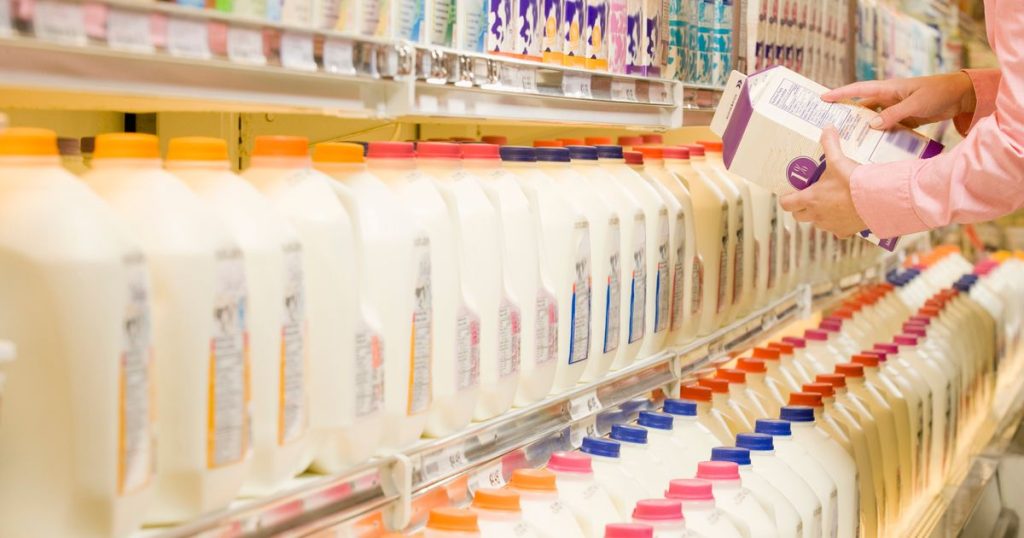A recent report from the FDA revealed that one in five samples of commercially sold pasteurized milk contained viral fragments of H5N1, a highly pathogenic avian influenza virus also known as “bird flu.” The fragments found in the milk were not live or infectious, but researchers noted that they typically infect birds, poultry, and other animal species. The report showed that a significant number of milk samples containing traces of bird flu came from areas where cows were infected with the virus. However, the FDA stated that commercial milk is still safe for consumption due to the pasteurization process, which kills bacteria, and the elimination of milk from infected cows to ensure the safety of dairy products for consumers.
The H5N1 bird flu is not a new virus and was first discovered in humans in 1997 in Hong Kong. While the virus primarily infects birds on poultry farms, more than 58 million domestic birds in the U.S. have died from H5N1 since 2022. Additionally, researchers found instances of other mammals being infected with the virus, suggesting the potential for mammal to mammal transmission and transmission to humans. Between 2003 and 2016, over 800 people were infected with H5N1, with a mortality rate exceeding 50%. Experts are concerned about the possibility of an H5N1 pandemic among humans due to the lack of clear and timely updates on outbreaks by federal agencies, similar to the miscommunication observed at the start of the COVID-19 pandemic.
The U.S. Department of Agriculture, along with the CDC, FDA, and state partners, are currently investigating the spread of the avian virus among dairy cows in several states. The FDA plans to continue testing milk supplies to assess potential risks for consumers and will release additional information in the near future. Epidemiologist Katelyn Jetelina highlighted the need for coordination and communication between various agencies internally and externally to address the avian flu outbreak effectively. She emphasized the importance of clear and timely updates to prevent a public health crisis and avoid repeating the miscommunication seen during the COVID-19 pandemic.
The FDA reassured consumers that the commercial milk supply remains safe despite the presence of viral fragments of H5N1 in some pasteurized milk samples. The agency underscored the effectiveness of the pasteurization process in eliminating pathogens to a level that does not pose a health risk to consumers. Additionally, measures such as the destruction of milk from infected cows are in place to safeguard the safety of dairy products. While the avian flu poses potential risks, ongoing testing and monitoring of milk supplies will provide valuable information to assess any threats to consumer health and ensure the continued safety of the commercial milk supply.
The report’s findings on the presence of viral fragments of H5N1 in commercially sold pasteurized milk underscore the importance of ongoing surveillance and monitoring to prevent potential health risks to consumers. With the possibility of an H5N1 pandemic among humans, experts emphasize the need for improved communication and coordination within and between federal agencies to address outbreaks effectively. The continued investigation into the spread of the avian virus among dairy cows and the release of additional information by the FDA will provide crucial insights into the safety of milk supplies and potential risks for consumers. Despite these challenges, efforts are being made to ensure the safety of the commercial milk supply and protect public health.


